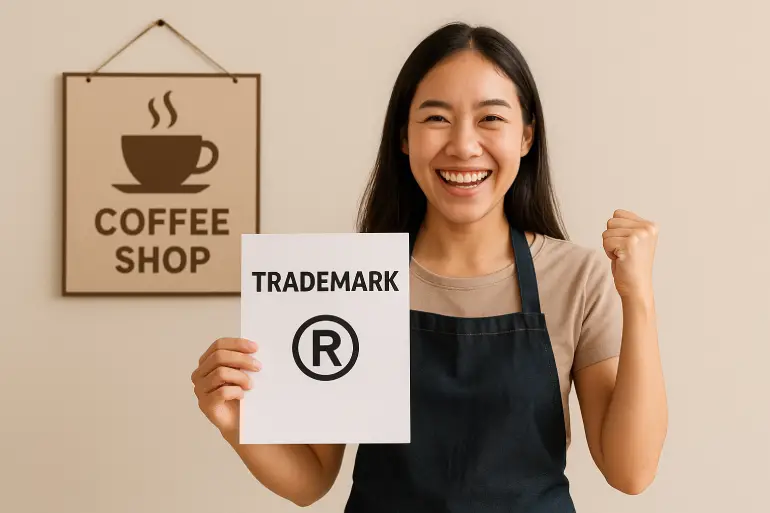Common Trademark Refusals
 A trademark examiner (officially “trademark examining attorney”) at the United States Patent and Trademark Office (USPTO or Trademark Office) reviews trademark applications to determine if they comply with federal law and are eligible for registration. Their main responsibilities include:
A trademark examiner (officially “trademark examining attorney”) at the United States Patent and Trademark Office (USPTO or Trademark Office) reviews trademark applications to determine if they comply with federal law and are eligible for registration. Their main responsibilities include:- Assessing distinctiveness of proposed trademarks.
- Searching for conflicts with existing registered/pending marks.
- Determining proper classification for goods and services.
- Issuing Office Actions detailing reasons for refusal or requirements for amendment.
- Drafting appeal briefs and representing USPTO before the Trademark Trial and Appeal Board if an application is appealed.
- Safeguarding consumer interests by preventing confusion in the marketplace and ensuring trademarks function to identify unique sources.
Common Trademark Refusals and Examples Refusal Type Description Example Genericness Mark is the generic name for goods/services; cannot distinguish the source. “COMPUTER” for computers Descriptiveness Merely describes a feature, quality, ingredient, or characteristic of goods/services. “CREAMY” for yogurt Merely a Surname Mark’s primary meaning to the public is as a last name. “MILLER LAW GROUP” for legal services Informational Fails to function as a trademark; only provides general info or directions. “FRAGILE HANDLE WITH CARE” on shipping boxes Functional Mark is a product feature essential to use or cost and therefore not protectable as a trademark. Shape of a basic bottle for holding liquid More Examples:- Genericness: “BREAD” for a bakery.
- Descriptiveness: “SOFT TOUCH” for pillows.
- Merely a Surname: “HAMILTON PHARMACEUTICALS” for medicine.
- Informational: “100% NATURAL” for food items.
- Functional: A handle shape that is necessary for tool operation.
These refusals ensure that trademarks reliably identify actual brands, don’t block everyday language, and don’t restrict competitors from accurately describing their products.
